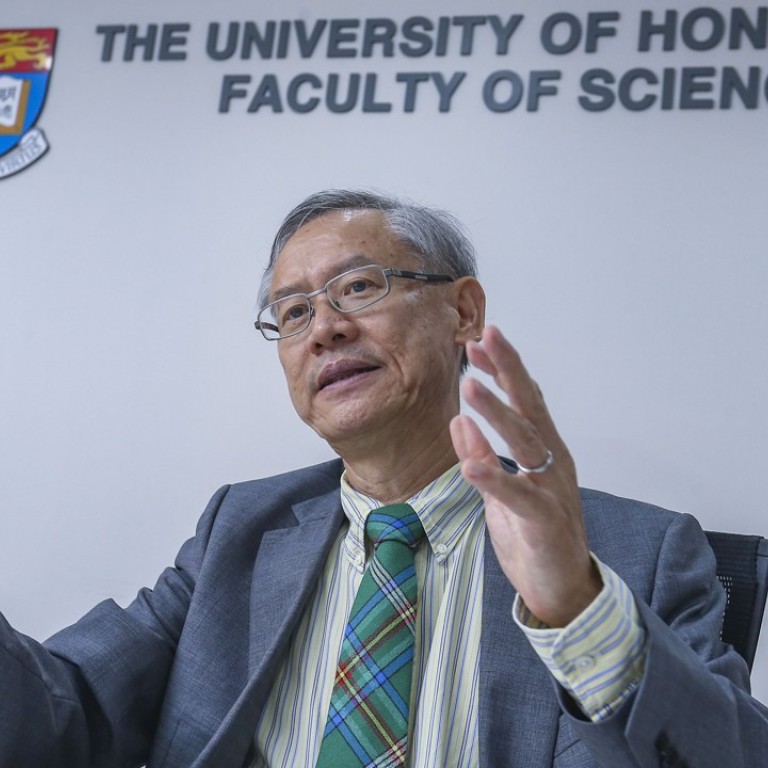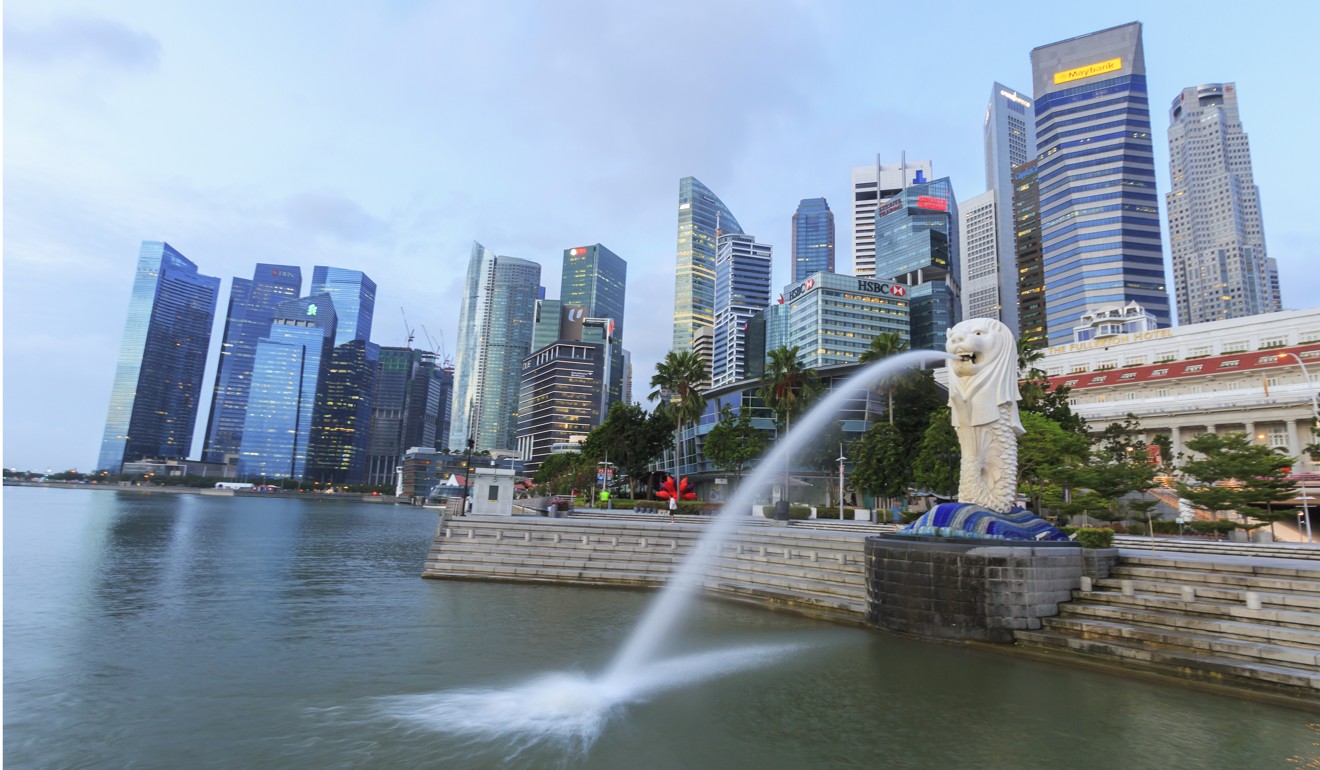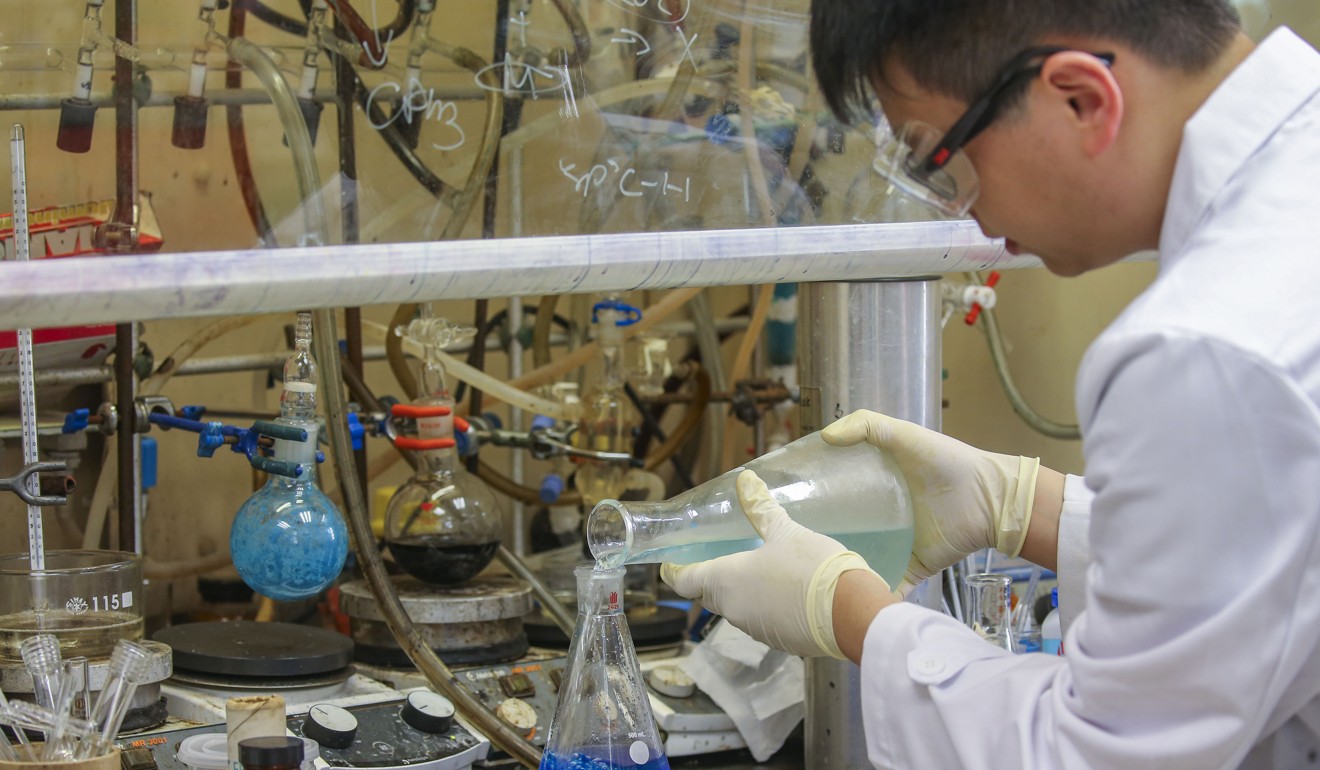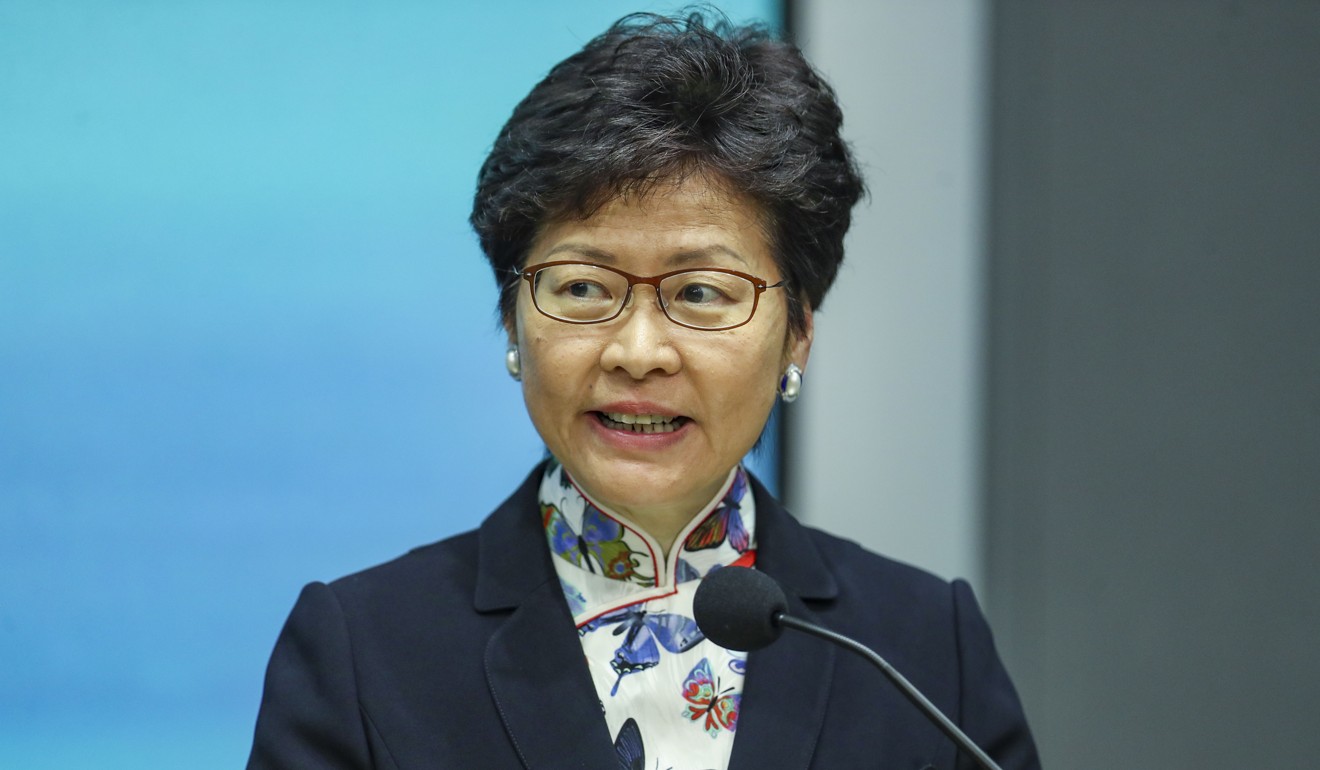
10-year vision needed for Hong Kong economy to compete with Singapore on tech, HKU research vice-president says
Professor Andy Hor Tzi-sum urges government to take the lead and set out a plan for diversification and tech development, so universities can focus on producing the graduates needed for the decade ahead
Her administration should also specify how much money it plans to invest in research and development each year, Hor said.
“Don’t act now and then make a U-turn in the coming years,” Hor said. “Universities and academics are afraid of that. We hope the government can state clearly what kind of Hong Kong people will need in 10 years’ time.”

Hor, a distinguished chemist, oversees research at Hong Kong’s most highly ranked university, which is home to five of 16 key scientific laboratories in the city receiving funding from the Chinese central government.
Hong Kong tech minister defends city’s investment in R&D

The 16 labs, along with six branches in Hong Kong of the Chinese National Engineering Research Centres – including HKU’s State Key Laboratory for Synthetic Chemistry – have reportedly received 1 million yuan (US$157,000) each from Beijing as part of Xi’s pledge.
The Hong Kong government also funds research. The latest available figures show that in 2015 it spent HK$18.3 billion (US$2.33 billion), or 0.76 per cent of the city’s gross domestic product, on research and development. The higher education sector accounted for HK$9.5 billion.
Attract R&D talent that makes HK innovative industries thrive
Lam promised last October that by 2022 research and development spending would increase to 1.5 per cent of GDP.
Hor, who previously spent three decades in Singapore’s top research institutes, said the onus was on officials to set a clear blueprint and ensure innovation and technology would emerge as a sustainabledriver of growth.

“In Singapore the government tells universities that research has to get closer to the economy ... and universities are required to produce very talented people needed by multinational corporations,” Hor said.
But the universities enjoyed the autonomy to decide how to do that, he added.
Boosting R&D in Hong Kong requires more than just funds, scientists say
The Singapore National Research Foundation, a department under the prime minister’s office, is responsible for setting the national direction for research and development.
But in Hong Kong, while Lam chairs a steering committee on innovation and technology, the relationship between the city’s needs and the universities’ work is only discussed during a planning and funding exercise between the University Grants Committee and tertiary education institutions once every three years.
“It showed the government is not just looking at commerce, finance, business and accountancy, but engineering, science and medicine as well,” he added.
“They are starting to understand that the city’s lopsided development towards the financial sector is unsustainable.”
Hong Kong leader doubles R&D expenditure to HK$45 billion for next five years
Through detailed planning and execution, Singapore had succeeded in attracting investment to develop its pharmaceuticals and chemical engineering industries as new drivers of growth, he said.

